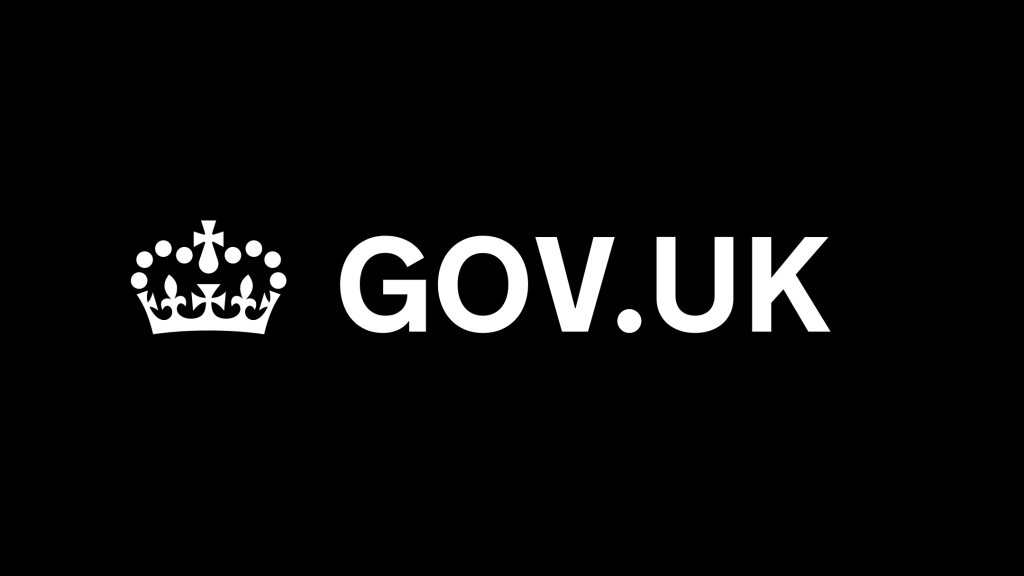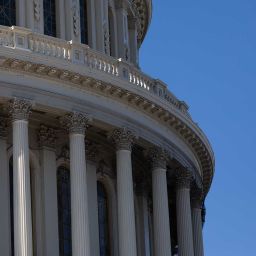This note aims to highlight factors relevant to the consideration of designations under the Global Anti-Corruption Sanctions Regulations 2021 (‘the Regulations’).

The Regulations permit a Minister to designate a person only if the Minister has reasonable grounds to suspect that the person is an “involved person” in relation to serious corruption, as set out in the Regulations[footnote 1].
The Minister must also be satisfied that the designation is appropriate having regard to the purposes of preventing and combating serious corruption and the likely significant effects of the designation on that person, as far as known.
Within the context of this statutory framework, in deciding whether a person should be considered for designation, the Government (HMG) will have regard to all relevant considerations. The following illustrative factors are likely to be relevant, but this list is not exhaustive:
1. HMG’s anti-corruption policy priorities
HMG’s policy focus in relation to potential designations under this regime will be guided by the long term outcomes set out in the UK’s Anti-Corruption Strategy. This Strategy recognises the damage that corruption causes to countries outside the UK, especially to governance, economic growth and development, as well as to the UK’s own national security and business interests.
Guided by these outcomes, HMG is likely to have particular regard to serious corruption that:
- enables or fuels national and international security threats
- is linked to terrorism, serious and organised crime or instability overseas, particularly in fragile and conflict-affected states
- undermines development and poverty reduction and the achievement of the Sustainable Development Goals
- impedes international trade and investment or undermines growth, including that which impacts directly on UK business
- undermines a country’s democratic governance, the rule of law and human rights
- weakens vital public institutions including international organisations
- exacerbates inequality or deprives citizens of vital public resources, including natural resources
HMG will be further guided by its wider priorities for each individual country, for example on development, trade or security, and how serious corruption may affect these.
2. The scale, nature and impact of the serious corruption
The scale, nature and impact of the serious corruption, having regard to the above policy areas, are likely to be relevant, including whether:
- the conduct is systemic, for example involving senior officials or political figures with broad powers and responsibilities
- the financial value of the bribe(s) or assets diverted or the benefit derived are significant relative to the local context
- the conduct is sophisticated and/or systematic, requiring a degree of planning, multiple involved actors and the use of advanced methods to hide the corruption and involvement in it, potentially over a long period of time
- the corruption involves actors from outside the country in question, representing an external threat to the country or countries affected
3. The status, connections and activities of the involved person
In circumstances where there are a range of persons who could be considered for designation by virtue of their involvement in the serious corruption, HMG is likely to consider which designation(s) would have most impact in preventing or combating serious corruption. This may involve considering, for example, the position of the person in the hierarchy of an organisation, and whether the person has particular links to the UK, including whether such persons would be particularly affected by travel or financial restrictions under the Regulations. HMG is also likely to consider whether involved persons have appropriately raised suspicions or concerns with law enforcement agencies or other appropriate authorities, or otherwise taken reasonable steps to avoid unintentionally becoming involved at the time or to enable remedial or law enforcement action since.
4. Collective international action
HMG is likely to give particular consideration to cases where international partners have adopted, or propose to adopt, sanctions and where action by the UK is likely to increase the effect of the designation in addressing the corruption in question.
5. Interaction with law enforcement activities
HMG will not automatically rule out designation due to a possibility of law enforcement action. However, HMG is likely to give particular attention to cases where the relevant jurisdiction’s law enforcement authorities have been unable or unwilling to hold those persons involved in acts of serious corruption to account. Involvement in corruption falling within the UK’s jurisdiction would normally be addressed through UK law enforcement measures. However, there may be exceptional cases where HMG will consider designating persons in cases where there may be UK jurisdiction, but UK law enforcement bodies are unable to pursue a case against those persons or their property, for example because a person is outside the UK and a foreign Government does not provide necessary cooperation.
6. Risk of reprisals
HMG is likely to give particular attention to any potential negative impact a designation may have, such as any potential reprisals or physical or mental harm to journalists, civil society organisations, human rights defenders or whistle-blowers.
- See regulations 4 and 6 of the Regulations for full details. “Involved persons” include those who: are responsible for serious corruption, or engage in it; facilitate or provide support for it; profit financially or obtain any other benefit from it; conceal or disguise it or any profit or proceeds from it; transfer or convert any profit or proceeds from it; interfere in any process of justice or accountability in connection with it; or contravene, or assist with the contravention of, certain provisions in the Regulations. ↩
